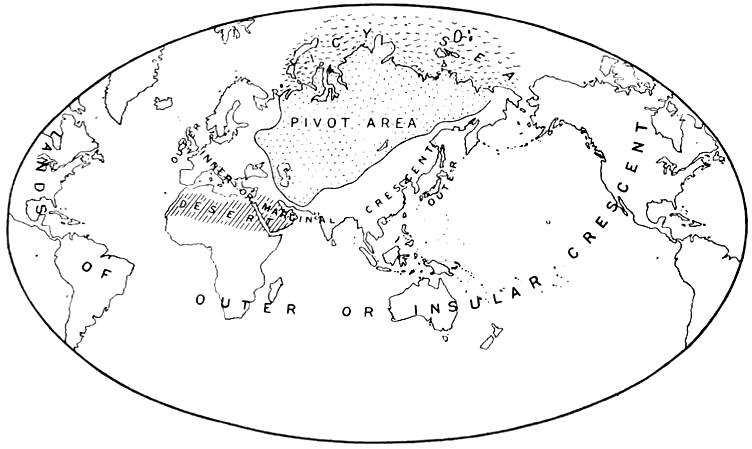If you could, I'd appreciate some examples to have a framework for a reasoned discussion. My general questions about "US strategic economic interests" are the following:
Quote:
1. Is the economic interest "had" by the US people; i.e., the US as a nation state "owns" it; or
2. Is the economic interest "had" by US special interest groups; they "own" it; or
3. Is the economic interest "had" by a foreign state or foreign interest groups; it or they "own" it.
Another set of questions applicable to all three situations is whether:
Quote:
1. The economic interest is of direct strategic import to the "US as a nation-state", and/or to "US special interest groups"; or
2. The economic interest is of indirect strategic import to the "US as a nation-state", and/or to "US special interest groups", but of more direct strategic import to US "allies, partners, etc." (and whether they are capable or not of protecting that interest themselves.
I'm open to discussion.















Bookmarks